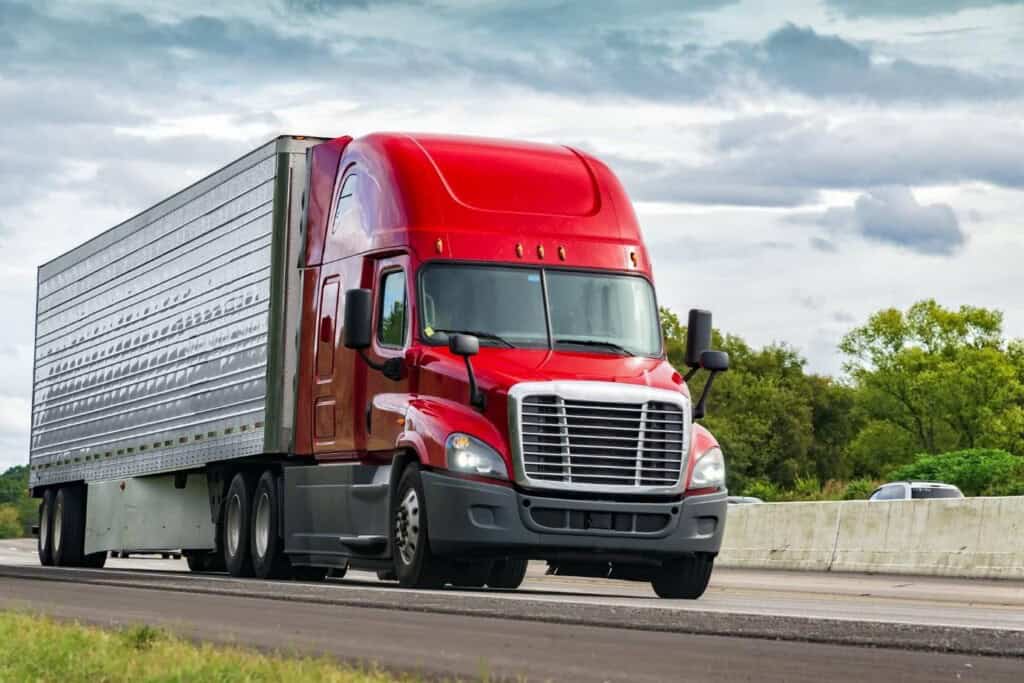
The damage is often severe when a massive truck crashes into another vehicle. These big vehicles can weigh up to 80,000 pounds, and the results can be life-changing when something goes wrong. If you or someone you love is hurt in a truck accident, it’s not just about proving the driver was careless. You also have to look at federal trucking laws. These laws play a significant role in determining what happened and who’s responsible.
Truck crashes happen more often than people think in places like Oklahoma City, also called OKC. Being the most populous city in the state, OKC sees heavy truck traffic daily, with I-35, I-40, and I-44 running through the area. Such congestion puts drivers at a higher risk, especially when trucking companies or drivers ignore safety rules.
Speaking to an experienced OKC trucking accident attorney can make all the difference if you’ve been injured in one of these crashes. They understand both state and federal laws and can help you figure out what steps to take next.
Going further:
What Are Federal Trucking Laws?
The Federal Motor Carrier Safety Administration (FMCSA) closely watches the trucking industry. This agency makes rules for trucks that drive across state lines, which are called Federal Motor Carrier Safety Regulations (FMCSRs).
They cover a lot of things, like:
- How long a truck driver can be on the road (called Hours of Service or HOS)
- What kind of training do drivers need?
- How often should trucks be checked and repaired
- How cargo should be loaded and tied down
- Testing drivers for alcohol and drug use
These laws are made to keep everyone safe. But when they are broken, bad things can happen—including crashes.
Why Do These Laws Matter in Your Claim?
If a truck hits you and you want to file an injury claim, you must show that someone was at fault. This is where federal laws help.
Let’s say a driver stayed behind the wheel for 14 hours straight—way more than allowed. That’s a clear violation of the FMCSRs. In some states, breaking a federal law like this can be used as proof that someone was careless. That’s called negligence per se.
Simply put, if the driver or trucking company broke a rule, it strengthens your case.
Your lawyer can use things like:
- Driver logbooks
- GPS data
- Black box records (just like in airplanes)
- Maintenance records
This can help show that the driver or company didn’t follow the law.
Who Might Be Responsible?
Truck crashes are not always the driver’s fault alone. Many people or businesses may share the blame, such as:
- The truck driver – If they were too tired or speeding.
- The trucking company – If they pushed the driver to work longer hours or skipped safety checks.
- Freight loaders – If they packed the truck the wrong way.
- Mechanics or repair shops – If they didn’t fix something properly.
Federal laws help figure out who did what wrong.
How It Affects Your Payment
If the trucking company broke the rules, your lawyer might argue that you should get more money. In some cases, you could even receive punitive damages. That’s extra money to punish a company for doing something wrong, like ignoring safety laws.
Also, when more than one party is at fault (like the driver and the company), you may get a larger payout because more people can be held responsible.
Proving Violations Can Be Tough
It’s not always easy to prove that someone broke the rules. Trucking companies may try to hide logbooks or fix records after a crash. The sooner the case is viewed, the better the chance of finding the truth.
That’s why it helps to have someone who understands these federal rules and knows what to look for.
What a Lawyer Can Do
A good truck accident lawyer knows the FMCSRs inside and out. They can:
- Get the correct documents fast.
- Talk to experts who understand trucking.
- Prove when a rule was broken.
- Build a strong case for your injury claim.
They don’t just argue about who ran a red light. They show how a rule meant to keep you safe was ignored.
The Final Say!
Federal trucking laws matter more than most people think. They can help prove fault, increase your compensation, and show the full story of what caused the crash. When trucks break the rules, the results are often serious, and the law is there to hold someone accountable.